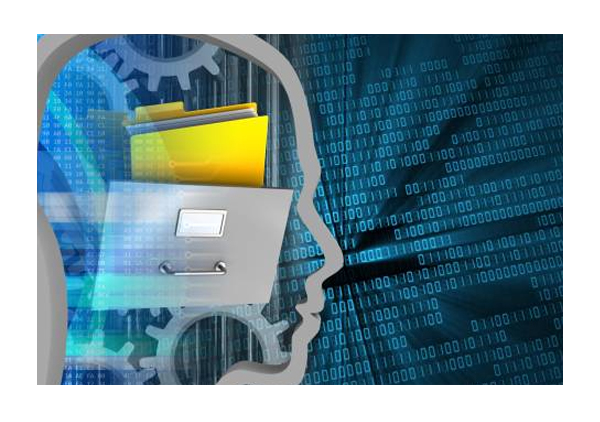Unlocking Continuous Improvement: The Role of Machine Learning in Healthcare Billing

In the fast-paced world of healthcare billing, staying ahead of the curve is essential for success. As healthcare organizations strive to optimize their revenue cycles, one tool stands out for its ability to drive continuous improvement: machine learning.
Imagine a scenario where your billing team diligently follows up on denied claims, identifies trends in payment discrepancies, and analyzes reimbursement patterns. Each interaction contributes valuable data points to the machine learning algorithm, fueling its ability to adapt and evolve over time.
Consider a situation where your organization consistently encounters denials for claims related to a specific procedure code. Through machine learning, your billing system recognizes this trend and adjusts its algorithms accordingly. It may suggest alternative coding strategies or recommend proactive measures to prevent future denials.
Over time, as your team continues to address AR challenges, the algorithm becomes smarter and more adept at identifying opportunities for improvement. This iterative process of learning and adaptation ensures that your billing operations evolve with the ever-changing healthcare landscape, leading to better outcomes and increased efficiency.
By embracing machine learning, healthcare organizations can unlock the potential for continuous improvement in their billing processes. With each interaction, the algorithm becomes more refined, leading to better decision-making and enhanced financial performance. In today's competitive healthcare environment, machine learning isn't just a luxury—it's a necessity for organizations looking to thrive in an increasingly complex landscape.
